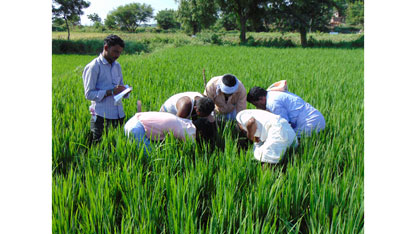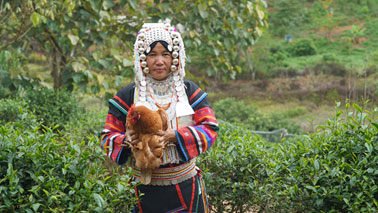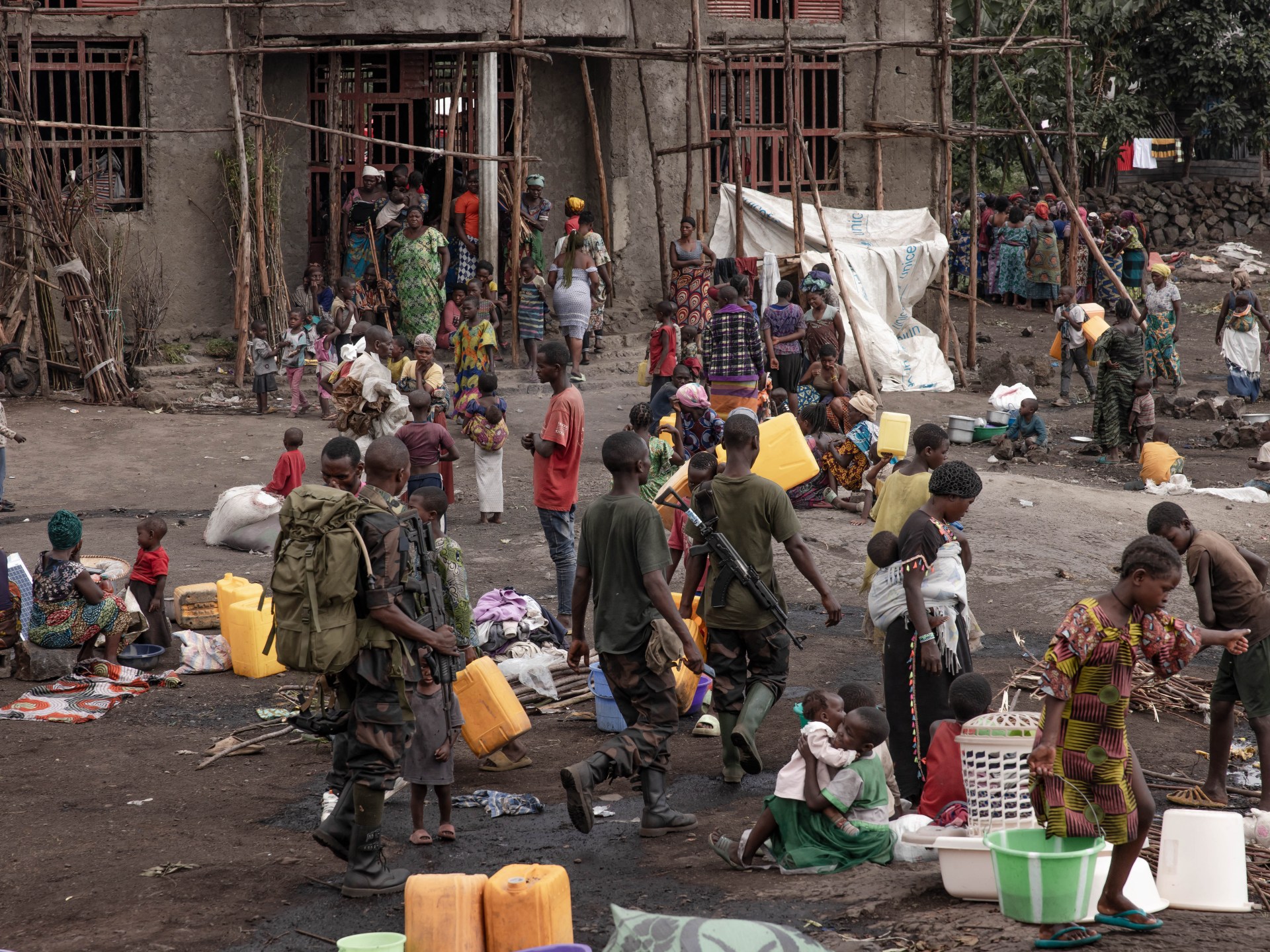Empowering Asias Farming Communities through Inclusive Business — Global Issues
BANGKOK, Thailand, Aug 28 (IPS) – When Lisa Huyen first set up her company, Vinasamex, which specializes in certified organic cinnamon and star anise grown in the mountainous and poorer provinces of Viet Nam, she faced daunting challenges including market access and securing financial support from banks.
“Developing an inclusive business model around an agricultural product can be challenging,” Lisa says of the difficulties faced by many similar enterprises in the region. “But you can do it if you have enough love, patience and a clear mission.”.
Her perseverance, work and investments in human capital have since paid off not just financially, but also resulted in positive social impact for thousands.
“Ten years ago, our farmers had an average yearly income of $250 per hectare. Now they earn an average of $5,000 per hectare per year. The increased income means they can pay for their children to go to school and have more opportunities in life,” Lisa says.
Vinasamex also provides their farmers and factory workers from minority ethnic and lower-income communities – 95 per cent of whom are women – with training on international certification standards, ICT and gender equality.
In recent years, the concept of inclusive business — enterprises that go beyond the usual “profit-first” market approach to provide affordable goods, services and livelihoods to low-income people — has been gaining traction in Asia and the Pacific.
Inclusive businesses aim to make often forgotten communities an integral part of their operations. They collaborate with them as suppliers, distributors, retailers or even customers, creating a meaningful value chain that benefits everyone involved. By catering to the needs of low-income consumers and finding innovative ways to do so, these companies manage to both serve the community and generate profits.
As part of its support for inclusive growth, ESCAP has partnered with the Bill & Melinda Gates Foundation to promote inclusive business models in agriculture in India, Thailand and Viet Nam. This collaboration seeks to address the needs of thousands of farmers by improving access to technologies, services and platforms in the region.

Safe Harvest was started in 2009 by a group of eight farmer collectives and non-governmental organizations, with the objective of selling pesticide-free agricultural products to the urban consumer. Initially, the company struggled to attract investments and break into wholesale and retail markets, but today its products are present in modern retail format stores, e-commerce platforms, specialty organic stores and its product basket is available in 17 cities in India.
“Our impact is three-fold: We are working with more than 100,000 smallholder farmers across 12 states through more than 30 farmer organizations. We pay our farmers as much as five per cent above the price being offered in the closest organized wholesale market. We plan ahead of the cropping season with our partners to enable them to meet our demands in terms of volumes and quality, and this planning helps the farmers with their sowing schedules,” says Rangu Rao, CEO of Safe Harvest.
Aside from its core innovation of creating a new “pesticide-free food” product category in India, Safe Harvest has also helped its mostly smallholder farmers to form collectives known as farmer-producer organizations (FPOs). “This is a relatively new concept in India, which combines the best of cooperatives and private limited companies. By working collectively, these farmers can more efficiently pool their input purchases and market their produce,” adds Rangu.

Based in Thailand, Urmatt Limited is among the world’s largest producers of organic jasmine rice, working as a fully organic inclusive business since 1999. “The reason was simple: I saw a need on the ground here in Thailand, where the majority of the population are farmers who are constantly indebted and needed help,” explains Urmatt CEO Arvind Narula.
“Following fair trade principles, we aim to create opportunities for economically disadvantaged and socially marginalized farmers. We do this by buying top-quality rice products from our farmers who would not normally be able to access markets in economically developed countries. We also make sure to extend our support to women farmers so that they can take on more equal roles and have a chance to earn an independent income,” says Arvind.
Urmatt has a strong R&D department and is now looking at ways to achieve zero waste as well as use automation and AI in farming. The company has developed food packaging made from rice straw that is 100 per cent home compostable, creating a usable product out of rice by-products, which gives the farmers additional revenue streams.
There is clear potential for inclusive businesses to deliver solutions at scale. ESCAP is working closely with governments and the private sector on policies that generate greater awareness of inclusive business models, recognize and reward them with targeted incentives, and facilitate services and investments that enable companies to develop inclusive business models.
By merging profit-driven strategies with a genuine concern for social and environmental impacts, inclusive businesses can pave the way for a region that thrives on sustainability, inclusivity and shared prosperity.
More on ESCAP’s work in promoting inclusive business: https://www.unescap.org/projects/promoting-IB-in-AP
Sharon Behn is Consultant, Trade, Investment and Innovation Division (TIID); and Ignacio Blanco is Programme Management Officer, TIID. Other contributors include Marta Pérez Cusó, Economic Affairs Officer, TIID and Kavita Sukanandan, Public Information Officer, Communications and Knowledge Management Section (CKMS).
IPS UN Bureau
Follow @IPSNewsUNBureau
Follow IPS News UN Bureau on Instagram
© Inter Press Service (2023) — All Rights ReservedOriginal source: Inter Press Service
Check out our Latest News and Follow us at Facebook
Original Source






